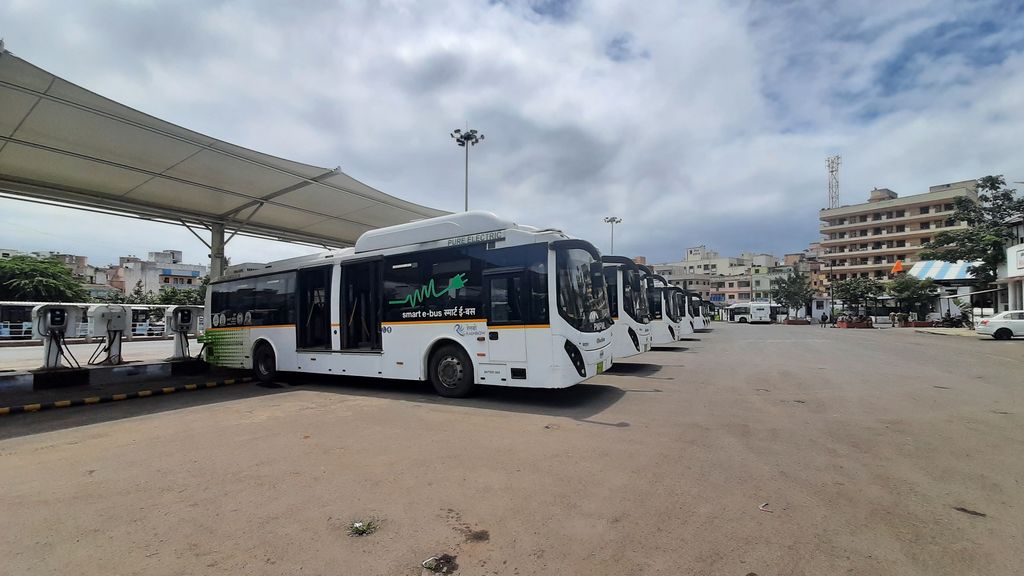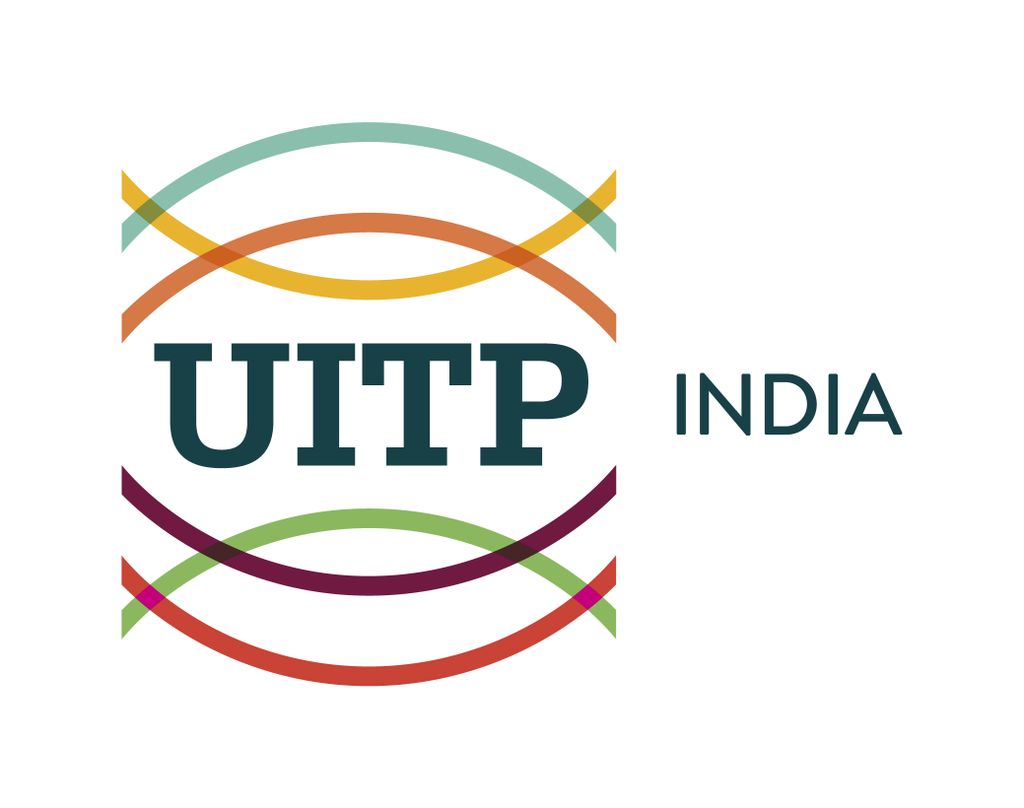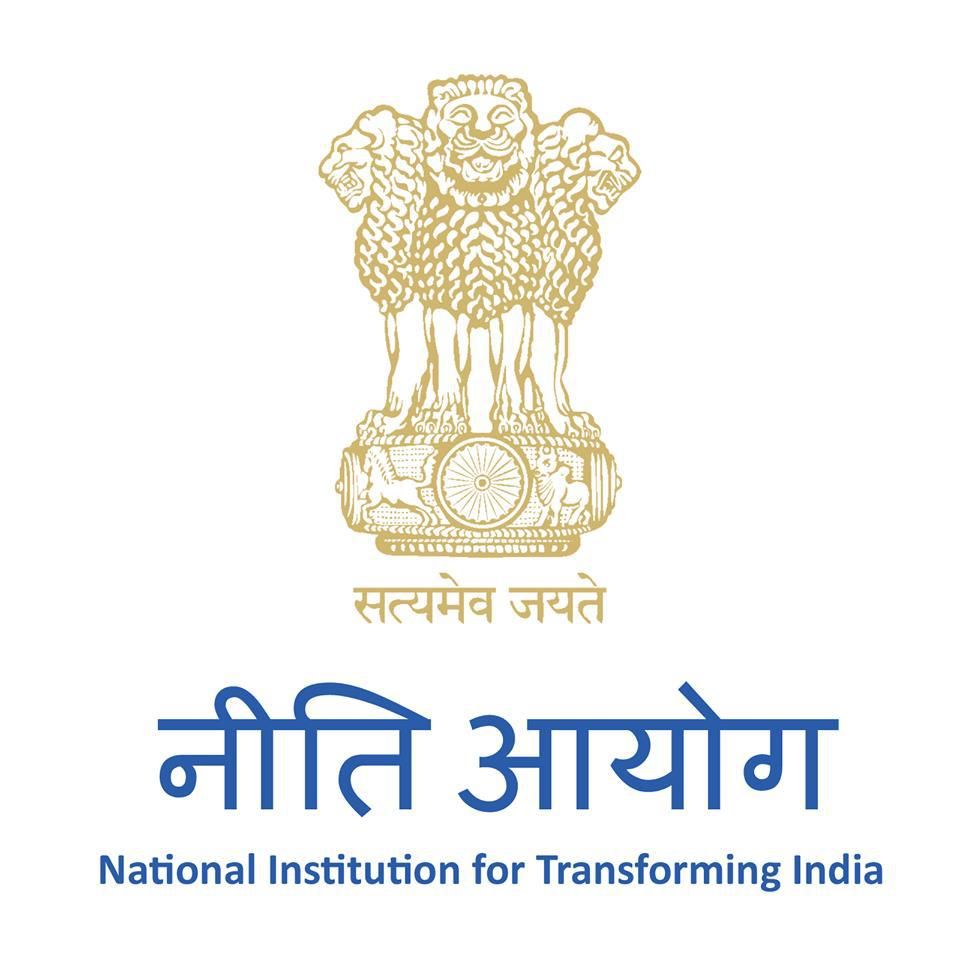
National Workshop for International Electric Bus OEMs
About
India’s ambitious target for electrification of public transport
India has been moving towards a path of low carbon emissions mobility since 2011 with the set-up of the National Council for Electric Mobility (NCEM) to promote electric mobility and manufacturing of electric vehicles in India. India also pledged to achieve net zero emissions by 2070 during the COP26 summit in Glasgow in 2021-22. India’s ambitious plan to revamp its public transportation infrastructure through electric buses was led under several initiatives such as the FAME India Scheme (Faster Adoption and Manufacturing of Hybrid and Electric Vehicle) Phase I and Phase II, Grand Challenge for Demand Aggregation by CESL, and currently, the National Electric Bus Program (NEBP) and the PM E-bus Sewa. These initiatives are aimed to move towards attaining sustainable low carbon emission mode of transportation while also on keeping up with the huge need of buses in India.
Huge demand for Ebuses
Currently, there are only 170,000 buses engaged in public transport in India, at an average of 0.11 buses per 1000 people. Taking a globalbenchmark of requirement of 0.5 to 1 bus per 1000 people, India will require approximately 0.75 million buses engaged in public transport by 2030. It means there is a need for about 580,000 new buses by 2030. With this high growth rate and the massive market potential, there arises one major concern, i.e., supply side readiness. The current major Indian OEMs’ electric bus supply capacities are estimated to be significantly lesser than the new market demand. There is a significant requirement of increase in productions capacities in the country, and paving way for bringing in pre-established international players (OEMs and ancillary product manufacturers) in the Indian market to set up a local manufacturing units in Indian states.
The Indian states are more than ready to bring in investments for automobile and ancillary parts production. More than twenty-six states out of twenty-eight Indian states have an Electric Vehicle Policy laying several supply side incentives for attracting investment opportunities, and demand side incentives for consumers. Few of the States with strongest incentives to attract EV investments are Tamil Nadu, Haryana and Andhra Pradesh.
Workshop an opportunity to know about India Ebus landscape
UITP India is organising a National Workshop on Accelerating Electric Bus Supply Ecosystem in India on 30 November 2023 in New Delhi wherein the interested international will meet the Indian states representatives and other relevant stakeholders in the workshop including India’s apex public policy think tank, NITI Aayog, CESL, national organisations, members of relevant ministries, amongst others to explore the opportunity of tapping the huge e-bus and ICE bus market of India. The market dialogue will enable both OEMs and Indian States who are end buyers of electric buses to present their offerings and engage in an interactive structured discussion.The outcomes and feedback from the dialogue will lead to required follow up steps and plans. Interested stakeholder can work together on future roadmap and strategies based on their mutual discussions and dialogue.


